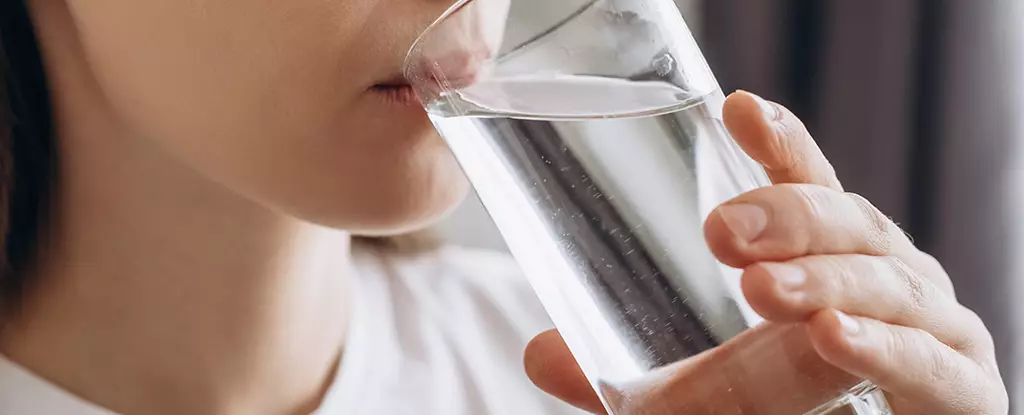In recent years, the alarm regarding microplastics has sounded louder than ever. These minute plastic particles infiltrate ecosystems and enter the human body primarily through the consumption of contaminated food and water. Scientific scrutiny has unveiled shocking revelations about the presence of these pollutants in our daily lives, ultimately posing a potential health risk. Recent investigations by researchers from Guangzhou Medical University and Jinan University offer a glimpse of hope with their discovery of a straightforward technique to alleviate this disturbing issue.
The research team conducted a comprehensive study, examining the effectiveness of boiling as a method for removing nano and microplastics (NMPs) from both soft and hard tap water. Their findings indicate that traditional water treatment systems are insufficient for filtering out these tiny pollutants, leading to rising concerns about human consumption. The group introduced a measured amount of nanoplastics into water samples and employed a boiling method followed by filtration to analyze the results. Astonishingly, the boiling process managed to eliminate up to 90% of the NMPs, revealing notable differences in efficacy based on water hardness.
Those using hard tap water witnessed a greater reduction in the levels of microplastics. This phenomenon is largely attributed to the presence of calcium carbonate, which precipitates during the boiling process. The calcium carbonate aggregates on the surface of plastics and forms a crust, acting as a trap for these harmful particles. Even in the case of softer water, where deposits of limescale are minimal, the team successfully captured about 25% of the NMPs.
One of the most promising aspects of this research is the practicality of the boiling method. Most households are equipped with the tools required to execute this strategy—simple kitchen kettles and filters. Researchers assert that by boiling tap water, individuals can significantly reduce their exposure to harmful plastics, combining simplicity and effectiveness. The sheer accessibility of this method positions it as a potential pivot towards improved public health, especially in areas burdened by contaminated water supplies.
The researchers advocate for a cultural shift towards boiling water—a practice already prevalent in certain regions. Through conscious efforts to normalize this behavior globally, the burden of microplastics could be lessened substantially, making the world safer from the threats of plastic ingestion.
Simultaneously, this emerging problem of microplastics invites questions about their health ramifications. The impact of plastics on human physiology is still a subject of ongoing research; however, existing studies suggest potential links to alterations in gut microbiota and increased antibiotic resistance. As more studies emerge, uncovering the specific ways in which these ubiquitous materials interact with our bodies will become crucial.
Moreover, the authors of the study highlight the pressing need for further investigations not only to validate their boiling strategy but also to explore additional methods of minimizing our exposure to such contaminants. The quest for answers in this domain is critical as we confront the reality of living with plastic particles in our environment.
As the problem of microplastics in our drinking water continues to escalate, it becomes increasingly vital to consider practical strategies that can be employed on an individual level. The research by the Chinese teams offers a beacon of hope, demonstrating that small modifications to our daily routines, such as boiling water, can lead to significant reductions in plastic consumption. However, the call for action extends beyond personal responsibility; securing a sustainable future will require collective efforts from governments, scientists, and communities to further research and ultimately develop more effective filtration solutions. By fostering a culture of awareness and proactive measures, we can gradually diminish the prevalence of microplastics in our lives, enhancing our health and well-being.

